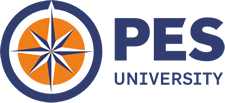- Programming and Software Development: Programming languages such as Java, C++, Python, and web development technologies such as HTML, CSS, JavaScript, and PHP
- Database Management: Design, implementation, and management of databases. Students are taught how to use database management systems such as MySQL, Oracle, and SQL Server, and develop skills in data modelling, query optimization, and database security.
- Computer Networks and Security: Computer networks, network protocols, and network security. Students are taught how to design and implement computer networks, configure network devices, and secure network infrastructure.
- Artificial Intelligence and Data Analytics: Data mining, machine learning, natural language processing, and computer vision. Students are taught how to use programming languages and tools to analyse and visualize large data sets.
- Web Development: Front-end and back-end web development technologies, such as Angular, React, Node.js, and Express.js. Students are taught how to design and implement web applications, use APIs, and work with databases.
Program Outline
Master of Computer Applications (MCA)
Eligibility
Candidate must have passed BCA/ bachelor’s degree in computer science and engineering or equivalent Degree. (OR) Passed B.Sc/ B.Com/ B.A with Mathematics at 10+2 level or at Graduation level (with additional bridge courses as per the norms of concerned University). Obtained atleast 50% marks in the qualifying examination.
Register for PESSAT
The MCA program is intensified to introduce the theoretical concepts of computer science and its practical applications. The MCA graduates will be well competent professional practitioner and can suitably occupy positions such as System Analyst, System Designers, Software Engineers, Application Programmers, Network/Database Administrators etc. They can also pursue further education and research in computer science or related fields. The department also offers PhD programme in Computer Applications.
The Department Vision is to excel in imparting quality education, create ethically strong, creative, analytical, technically superior, knowledgeable, innovative, and inquisitive minds.
The Department Mission is to become dynamic and vigorous knowledge hub with an exposure to state of art in computer technologies and to empower students in becoming skilled and ethical entrepreneurs while endorsing free and open source software learning and usage and also, to promote and adapt professional development in a perpetual demanding environment and nurture Megaminds for Competent Accomplishments.
The department has made a tremendous impact on the learning experiences of the students in the last two years. Every subject is designed to be application oriented and most of the courses are practical based.
Extra-Curricular/ Co-Curricular Activities
Key Differentiators of this program at PESU
Overall, the MCA program at PESU is designed to provide students with a overall complete education in computer science, with a focus on practical learning, emerging technologies, and real-world applications.
Who Should Pursue this Program?
Master of Computer Applications (MCA) is a postgraduate degree program that is designed for individuals who want to pursue a career in the field of computer applications.
MCA is an excellent course for those who want to deepen their understanding of computer applications and develop advanced technical skills for career growth and success in the IT industry.
Curriculum Structure
| Subjects | Credits |
|---|---|
| Data Structures | 5 |
| Object Oriented Software Engineering | 5 |
| OS Design | 4 |
| Databases and Applications | 4 |
| Programming with Python | 4 |
| Personality Development | 1 |
| Total | 23 |
| Subjects | Credits |
|---|---|
| Computer Networks and Communications | 5 |
| Java Enterprise Application Development | 5 |
| Machine Learning | 4 |
| Web Application Frameworks I | 4 |
| Elective 1 | 4 |
| Aptitude and Reasoning Skills | 0 |
| Project Phase 1 | 4 |
| Total | 26 |
| Subjects | Credits |
|---|---|
| Algorithms Design | 5 |
| Web Application Frameworks II | 5 |
| Cloud Services | 4 |
| Elective II | 4 |
| Elective III | 4 |
| Project Work Phase 2 | 6 |
| Total | 28 |
| Subjects | Credits |
|---|---|
| Non-stream Elective | 3 |
| Internship/Swayam/MOOC#* | 8 |
| Project Work Phase 3 | 2 |
| Total | 13 |
| Grand Total | 90 |
| Course | |
|---|---|
| Smart App Development | |
| Data Engineering | |
| Network Security |
*X – Domain, Y – Number
“*Maximum of 8 credits can be awarded to internship with an option of 8 or 6
or 4 credits for duration of work completed within the last working day
# – 2 Weeks of Technical Internship is equivalent to 1 Credit”
^ – Z – Alphabets (A-Z)
(*) – Depending on the total internship credits claimed a student can take
upto a maximum of 8 credits
| Course | |
|---|---|
| Android App Development | |
| Text and Image Analytics | |
| Cyber Security |
| Course | |
|---|---|
| Cross Platform Application Development | |
| Realtime Analytics | |
| Ethical Hacking |
To get specialization in the domains students have to choose three elective courses from the same domain
| Course | |
|---|---|
| Entrepreneurship Practices (includes IPR) | |
| Microservices | |
| Cyber Security | |
| Digital Forensics | |
| Blockchain Technologies | |
| UI & UX | |
| Social Network Analysis | |
| Art of Testing | |
| Network Management | |
| Advanced Internetworking | |
| Zero Code or No Code Development |
Program Design
| Course | Percentage | Credits | Distribution |
|---|---|---|---|
| Preliminary | 1.11 | 1 | 3% – 6% |
| Foundation | 17.78 | 16 | 30% – 40% |
| Core | 42.22 | 38 | 30% – 40% |
| Elective | 16.67 | 15 | 10% – 20% |
| Project Work | 22.22 | 20 | 6% – 12% |
| Total | 100.00 | 90 | 90 (C) |
Focus Areas
Specializations
| Stream | Title of Course | Semester |
|---|---|---|
| Development Stack | Smart App Development (IoT) | 2 |
| Android App Development | 3 | |
| Cross Platform Application Development | 3 | |
| Data Analytics | Data Engineering | 2 |
| Natural Language Processing and Computer Vision | 3 | |
| Stream Analytics | 3 | |
| Security Essentials | Network Security | 2 |
| Cyber Security | 3 | |
| Ethical Hacking | 3 |
| Stream | Title of Course | Semester |
|---|---|---|
| Non-stream Electives | Entrepreneurship Practices | 4 |
| Microservices | 4 | |
| Digital Forensics | 4 | |
| Blockchain Technologies | 4 | |
| UI & UX | 4 | |
| Social Network Analysis | 4 | |
| Network Management | 4 | |
| Advanced Inter networking | 4 | |
| Art of Testing | 4 | |
| Zero Code or No Code Development | 4 |
Note- All students may have specialization in any of the above streams by choosing 3 courses in the same stream
Course Structure (2023 – 2025 Batch)
| Semester | Credits | Description | |
|---|---|---|---|
| Semester | Cumulative | ||
| I | 23 | 23 | 2T(5C) + 3T(4C) + 1T(1C) |
| II | 26 | 49 | 2T(5C) + 2T(4C)+ 1 Elective (4C) + Project (4C) + 1 Audit |
| III | 28 | 77 | 2T(5C) + 1T (4C) + 2 Electives (4C) + Project (6C) |
| IV | 13 | 90 | Open Elective (3C) + Sp. Topic/ Internship (8C) + Project (2C) |
Pedagogy
Future Career Prospects after completing the Program
There are diverse career options for Graduates in Computer Applications. Some of them are as listed below…
Placement Opportunities & Career Assistance
The number of companies that visit our campus to hire Graduates of Computer Applications cross the century mark. A bunch of new companies get enrolled in to list of companies visiting the campus year on year. Some of the prominent companies that hire our students are:
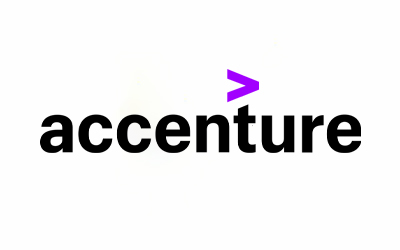
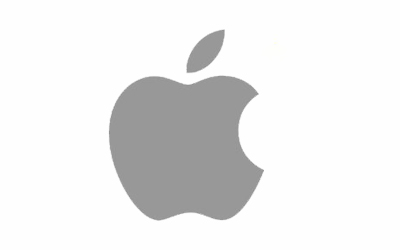
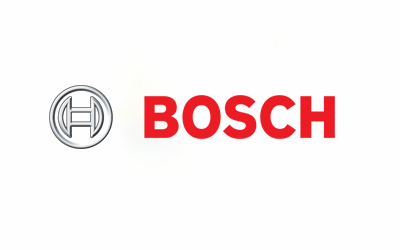
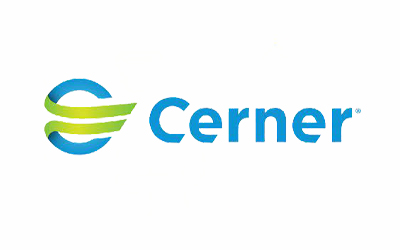

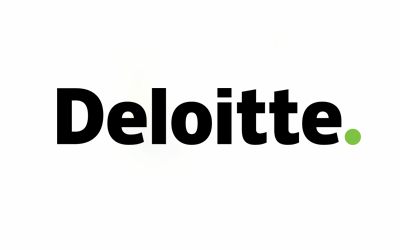
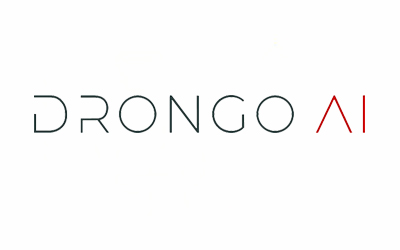
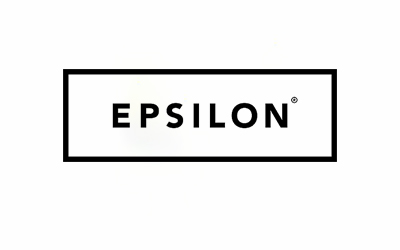



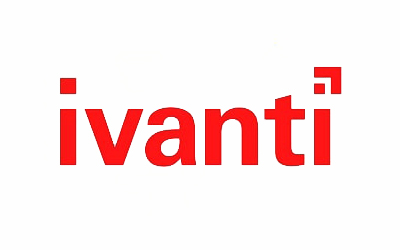





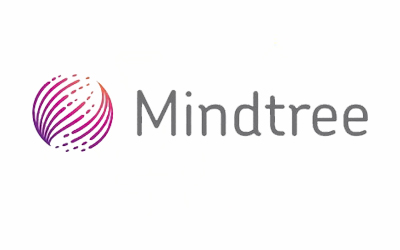
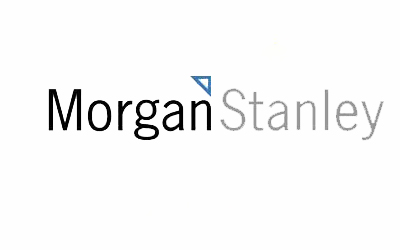


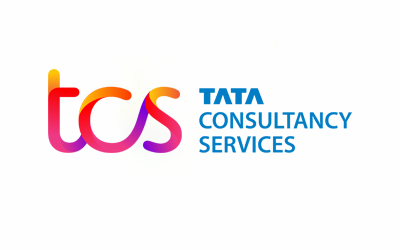

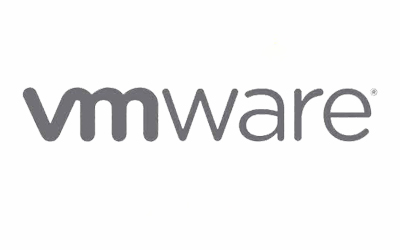
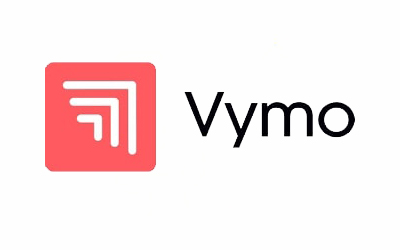
PES University provides Placement
Assistance in various formats/ events
Scholarships @ PESU
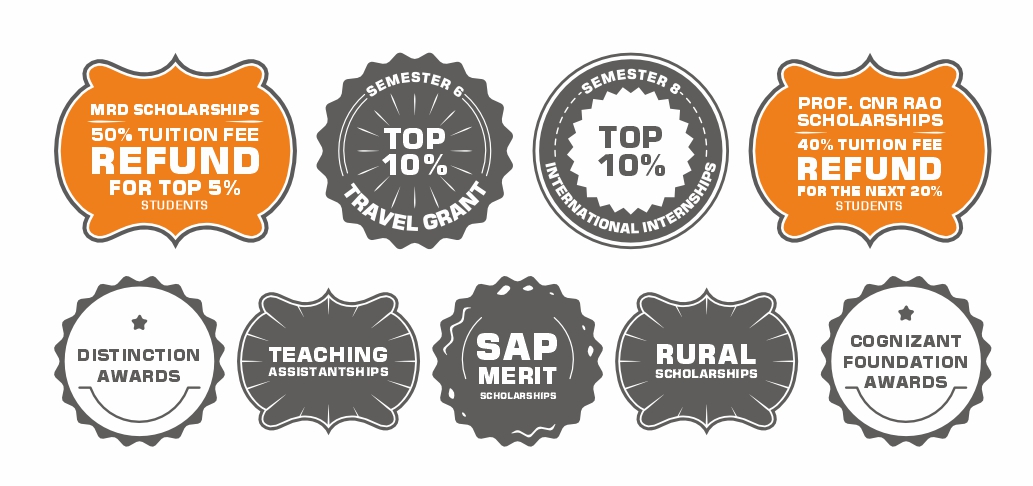
Note:
- The Scholarships/ Awards are subject to qualifying CGPA/ SGPA and other conditions as stipulated by Scholarship Committee each year.
- The above Scholarships/ Awards are not applicable to students in their final year of study.
- The student is eligible only for one award in each semester/year.
University Highlights
01
Ranked #1
#1 University in Karnataka (New Universities under 5 years) by KSURF
02
India's Most Preferred
PES is the second most preferred destination next to IIMB for B-School aspirants – Times of India
03
Ranked #1
#1 B School in Karnataka – Times of India B School Rankings 2021
04
Ranked #5
PES University ranked #5 in Outlook-ICARE India University Rankings 2020

